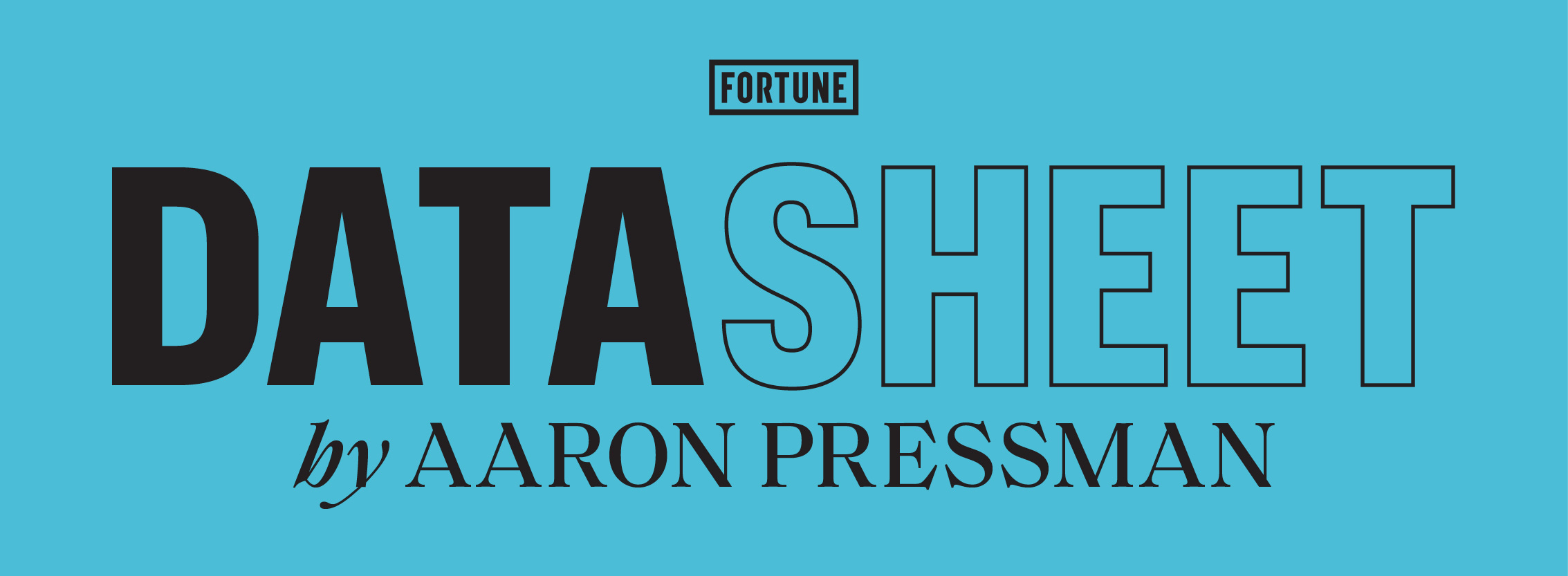Please enjoy the following courtesy Bill Gates and the team at Fortune:
| This month marks one year since the COVID-19 pandemic upended lives around the world. It’s been a long, difficult year, but now that more and more people are getting vaccinated against the virus, I’m starting to feel optimistic that the worst parts of the pandemic will soon be behind us. |
|
| We still have a number of challenges to address before we get there. The virus that causes COVID-19 is mutating, and that’s complicating efforts to end the pandemic. I’ve been getting asked a lot of questions about variants lately, so I wrote a post about the subject. You can read it here. |
|
| If there’s only one thing people learn about variants, it should be this: The best way to prevent new strains of the coronavirus from emerging is by stopping transmission of the virus altogether. We will bring an end to the pandemic much sooner if everyone remains vigilant about social distancing, wears a mask, and gets vaccinated when it’s their turn. |
|
| Thank you for being an Insider! |
|
From a certain point of view, Uber is a brilliant idea to offer transportation services in a new way enabled by the proliferation of smartphone technology. In another view, Uber is more of a brilliant idea to arbitrage loopholes in existing employment law, taxi regulation, and other societal mores that had built up over decades.
Uber cofounder and former CEO Travis Kalanick’s take-no-prisoners attitude helped the company grow quickly and become the market leader. But it also led to his eventual downfall in 2017, as complaints and investigations of Uber’s conduct under his tenure mounted.
All that ancient history in startup land came rushing back to me this week as I read Emilie Friedlander’s detailed and devastating investigation for Vice of Kalanick’s new new thing, CloudKitchens, and its parent company, City Storage Systems. It’s really a masterclass in investigative journalism.
Kalanick’s new business offers take-out food in an original way, cooking everything at large, centralized facilities with delivery handled via GrubHub, Uber Eats and the like. To attract customers, these so-called ghost kitchens create virtual online restaurants listed in GrubHub and similar apps, listings that look just like real restaurants.
Friedlander first got suspicious when weirdly named restaurants like F*cking Good Pizza, Pimp My Pasta, and OMG BBQ LOL turned up in local DoorDash listings:
“Suddenly, I was seized by a need to get to the bottom of a matter that felt like a glitch in the fabric of my humdrum pandemic existence: Where did these clickbait restaurant brands come from, even if they didn’t seem to technically exist? And why did delivery marketplaces across the U.S., and countries around the world, suddenly seem to be flooded with them?”
Turned out they were all non-existent in the real world, just different faces of the same local outpost of Kalanick’s CloudKitchens. The startup has even gone a step further and helped real restaurants diversify into the ghost kitchen market by creating multiple online identities for them in the delivery service apps.
In theory, there’s nothing really wrong with a ghost kitchen or single restaurant creating several online storefronts, just like an avid video gamer might create different personas best suited for different games. If an Italian restaurant that serves pizza, pasta, and seafood can triple its delivery orders by adding specialized yet fictional online restaurants each focused on one category, it could be a win-win. The restaurant gets more business and customers get a clearer search experience.
But when Kalanick is involved, you have to be on the lookout for further “arbitrage” of rules, laws, and social mores. Already Friedlander’s detailed reporting turned up tales of unhappy customers whose food didn’t resemble the pictures or quality they saw online (I asked CloudKitchens for comment yesterday and they declined).
Those customers could leave negative reviews, but what’s to stop a ghost kitchen from opening and closing new virtual restaurants all the time to avoid bad ratings? And with the trouble we already have with fake reviews on Amazon and elsewhere, what’s to stop a ghost kitchen from enhancing its reputation with some ratings-gaming service? And the ease with which a ghost kitchen can flood the market with numerous virtual offerings in a category could overwhelm all the physical restaurants in the same category and put them out of business. How long until we see academic studies that the net economic effect of ghost kitchens is negative?
As ghost kitchens expand their haunts across the country, stay tuned for more strangeness, more controversy and, perhaps, more frights.
Aaron Pressman
@ampressman
aaron.pressman@fortune.com




No comments:
Post a Comment